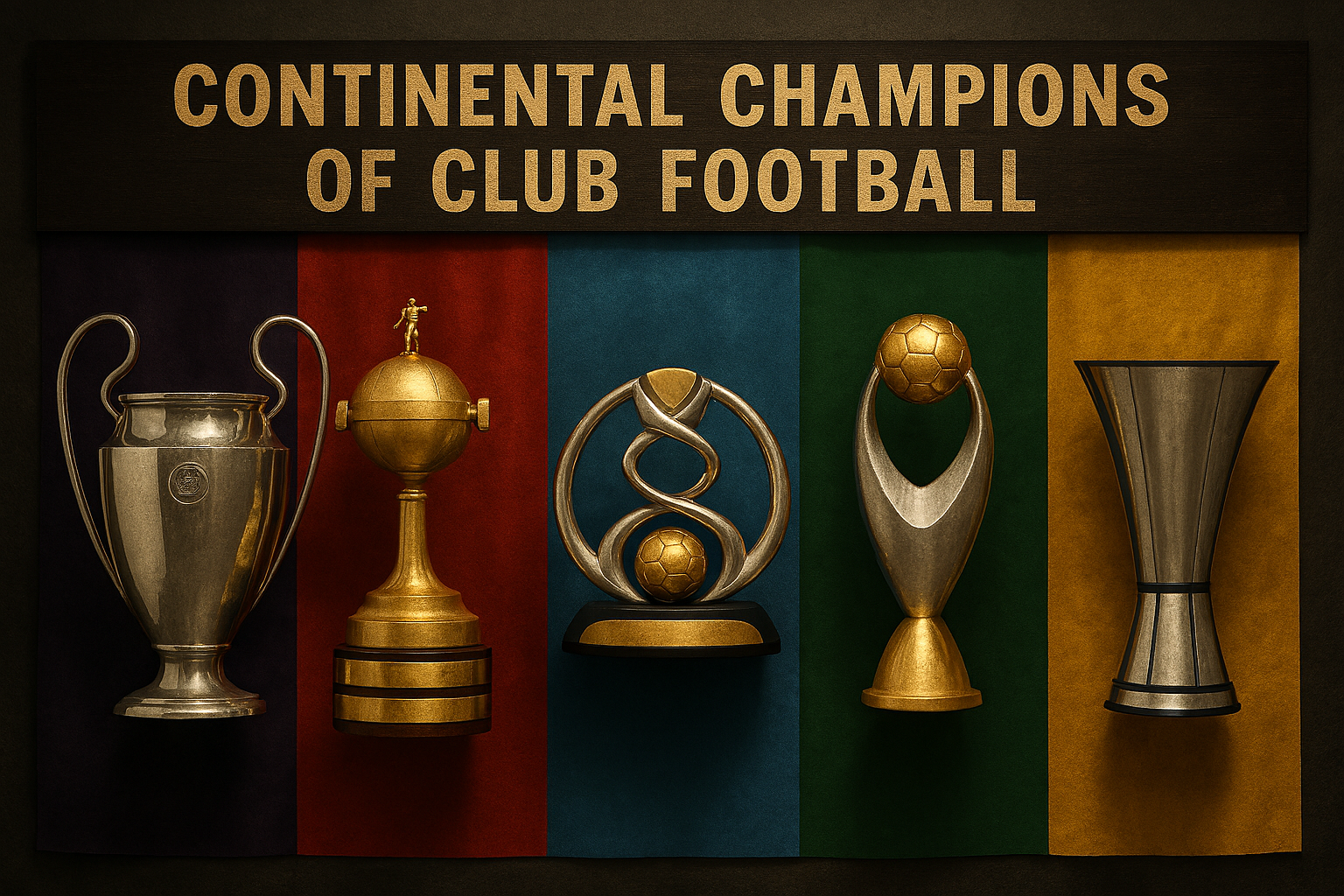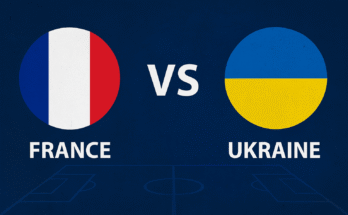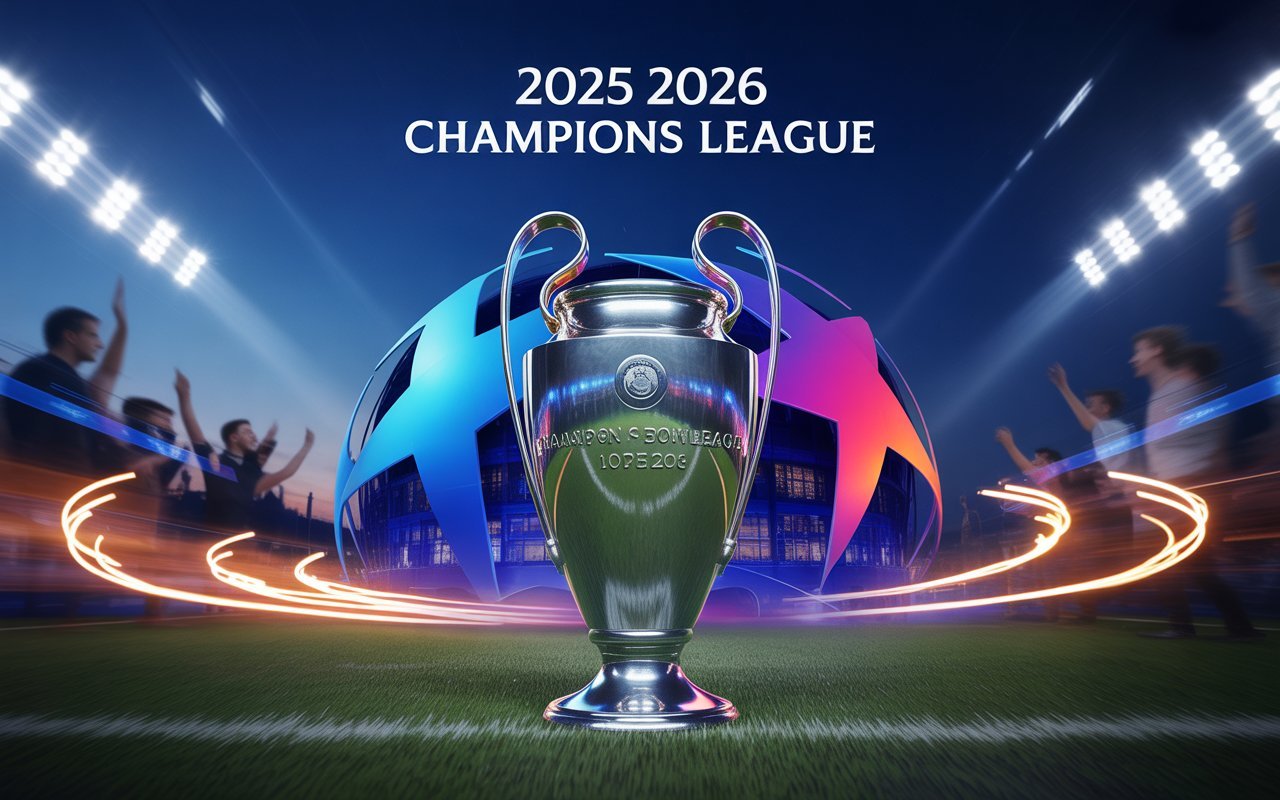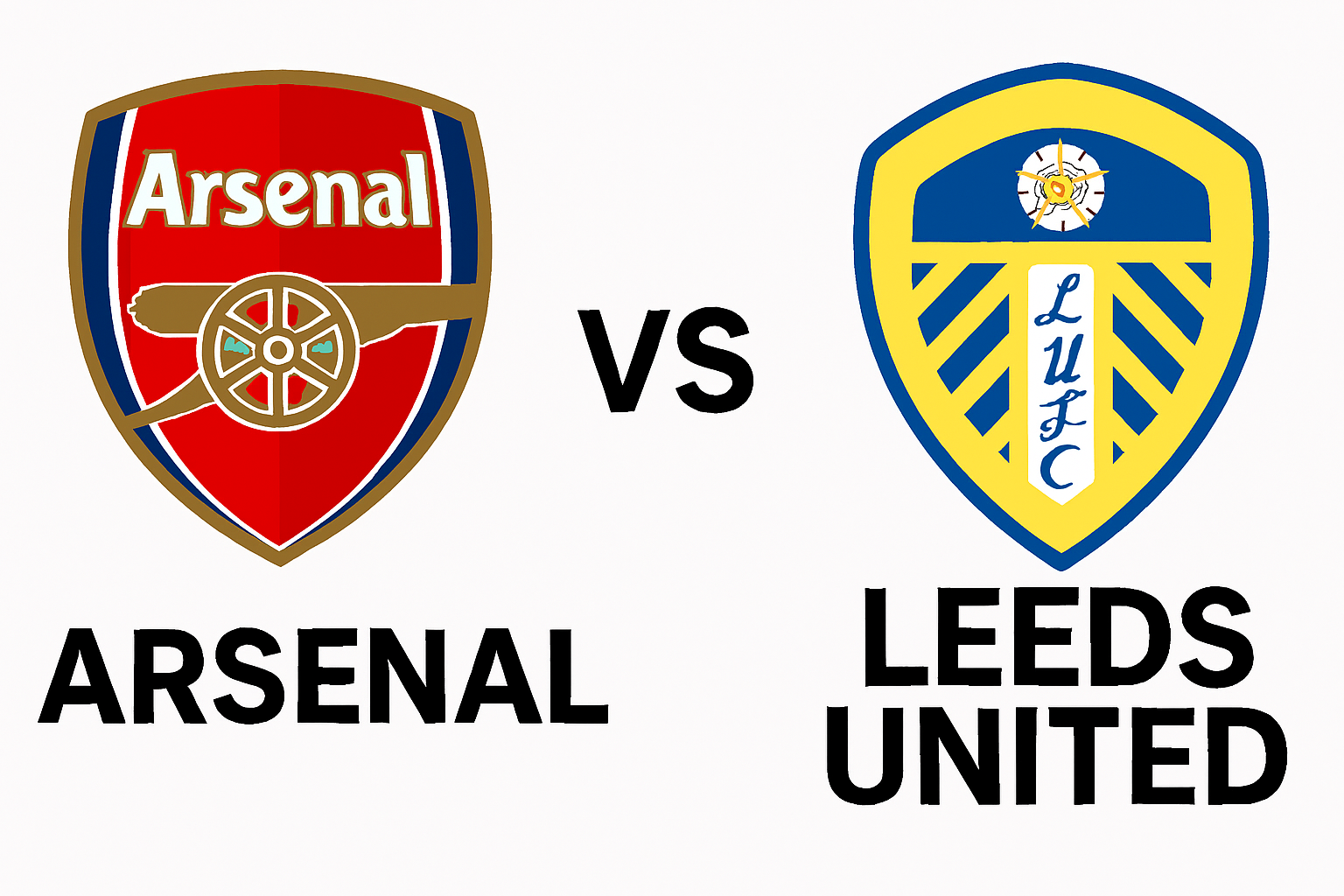In the landscape of club level international competition, 2025 crowned a diverse set of Continental Champions from around the world. Each name is attached to a different culture and style of the beautiful game. In this article we will look at the current continental champions Paris Saint Germain in UEFA, Fluminense in CONMEBOL, Urawa Red Diamonds in AFC, Pyramids or Al Ahly in CAF, León for CONCACAF (if it is confirmed), and Auckland City in OFC, and celebrate Chelsea’s victory in the Club World Cup this year.
UEFA Champions League 2025: Paris Saint‑Germain’s Historic Triumph
In May 2025, Paris Saint Germain reached the pinnacle of UEFA’s club ladder when they annihilated Inter Milan 5–0 in the final at Munich’s Allianz Arena; it was PSG’s inaugural Champions League title, and the largest winning margin ever recorded in the final. Desiré Doue was the star of the show after scoring twice and assisted; Achraf Hakimi, Kvaratskhelia, and Mayulu all contributed.
Why It Matters
This victory had put an end to years of almost for PSG and changed their identity entirely from perennial contenders to true continental champions. The ramifications of their victory were felt all over Europe and helped them establish their place in global club football.
CONMEBOL Libertadores: Fluminense’s South American Glory
Brazilian Powerhouse Victorious
Fluminense won the 2025 Copa Libertadores, taking home the CONMEBOL club title for South America. They entered the Club World Cup as champions of South American club competition and the continental champions.
Club World Cup Journey
In the after the enlarged Club World Cup in the United States, Fluminense shocked the football world by upsetting Inter Milan 2–0 in the round of 16, advancing to quarterfinal where they defeated Al Hilal 2-1 to advance to the semifinal round against Chelsea. Their success demonstrated the global reach of these continental champions all over the world and illustrated that there was depth to these continental champions, much like Europe.
AFC Champions League Elite: Urawa Red Diamonds’ Continental Victory
Japanese Triumph in Asia
Japan’s Urawa Red Diamonds clinched their spot in the 2025 Club World Cup as victors of the AFC Champions Leage. They are still one of the most decorated teams in Asia and are demonstrating their dominance in the new AFC organization.
Role on World Stage
While they lost in dramatic fashion, with a last-minute defeat to Inter, Urawa represented Asian pride and competitive spirit on the global club stage.
CAF Champions League 2025: African Crown Goes to Pyramids (Not Al Ahly)
Surprise Egyptian Winner
Despite Al Ahly’s overall dominance in CAF competition over the years, the title was won in 2025, in unexpected fashion by Pyramids FC. The final was held in Cairo on June 1st, where Pyramids FC defeated Mamelodi Sundown’s in the capital by away goals or decisive margin. Hence, the current CAF champions are Pyramids FC and not Al Ahly.
African Representation
That victory was a significant departure from tradition and demonstrated how new clubs from Egypt can challenge established powers. With the victory, Pyramids carry the torch for African club football, going into global tournaments with some new momentum.
CONCACAF & OFC: Champions in Limbo or Unconfirmed
CONCACAF: Club León
Many reports claim Club León won the CONCACAF championship in 2025 but have not been able to back it up with any valid sources that report verified wins in the tournament. Until there are any definitive sources from the official CONCACAF website or news reports, León is only an assumed representative that has no further proof in sight.
OFC: Auckland City
Likewise, Auckland City is usually referred to as OFC’s champion. However, very little details exist publicly about the 2025 OFC Champions League champions, for this overview, they are the assumed champion, although this would need to confirm by checking the official records.
FIFA Club World Cup 2025: Chelsea Crowned Global Champions
Chelsea’s World Glory
In July 2025, the new 32 team FIFA Club World Cup finished up with Chelsea defeating European champions PSG by a score of 3-0, at MetLife Stadium. Cole Palmer netted twice, while also setting up Joao Pedro’s goal, and delivered a performance to remember lifting the trophy on July 13.
Significance of the Win
Under coach Enzo Maresca, Chelsea became the first club to win every available major club trophy for an English team, including the Premier League, Champions League, Europa League, Conference League, and now the Club World Cup for expanded membership. This is an outstanding pinnacle of achievement in the modern football club.
How each Champion Shapes the Global Scene
European Style vs. Global Diversity
PSG’s success exemplifies European tactical acumen, heavy financial backing, and star quality. Fluminense express South American flair, with Urawa playing a disciplined J League consistency. Pyramids indicate the emergence of new powers in Africa, while the presumed champions León or Auckland City indicate more growth in CONCACAF and OFC strength.
Influence on Club World Cup
Chelsea’s world title really shows how continental champions can come from a diverse range of cultures and leagues but on the world stage, it is tactical strength, depth and mental resilience that will always make the ultimate winner.
Why Continental Titles Matter
Gateway to Global Stage
To be able to earn a spot in the Club World Cup you must win your continent’s championship and thereby declare yourself the champion of the world. PSG, Fluminense, Urawa and Pyramids were all able to effectively earn their positions in the expanded 32 team tournament with a continental championship victory.
Legacy and Growth
For clubs like PSG, the way to silence critics forever is to win continental glory. For Pyramids or Urawa, it helps accelerate their upward profile shift. Even a presumed champion in CONCACAF or OFC can benefit from exposure beyond their domestic leagues; it helps to elevate entire confederations.
Conclusion:
In the world of club competition, the year 2025 had something to offer for every fan: PSG found its European breakthrough; Fluminense dominated South America; Urawa, and Pyramids surprised Asia and Africa; and Chelsea earned its ultimate world champion status in the Club World Cup. While the champions of both CONCACAF and the OFC await clearer confirmation, the model is clear: club football is global, diverse, and exciting. Champions from every continent arrived and played their own styles against one another; even if only one club were to hoist the global trophy to remember forever, all team champions got the same chance to bask in the spotlight.



